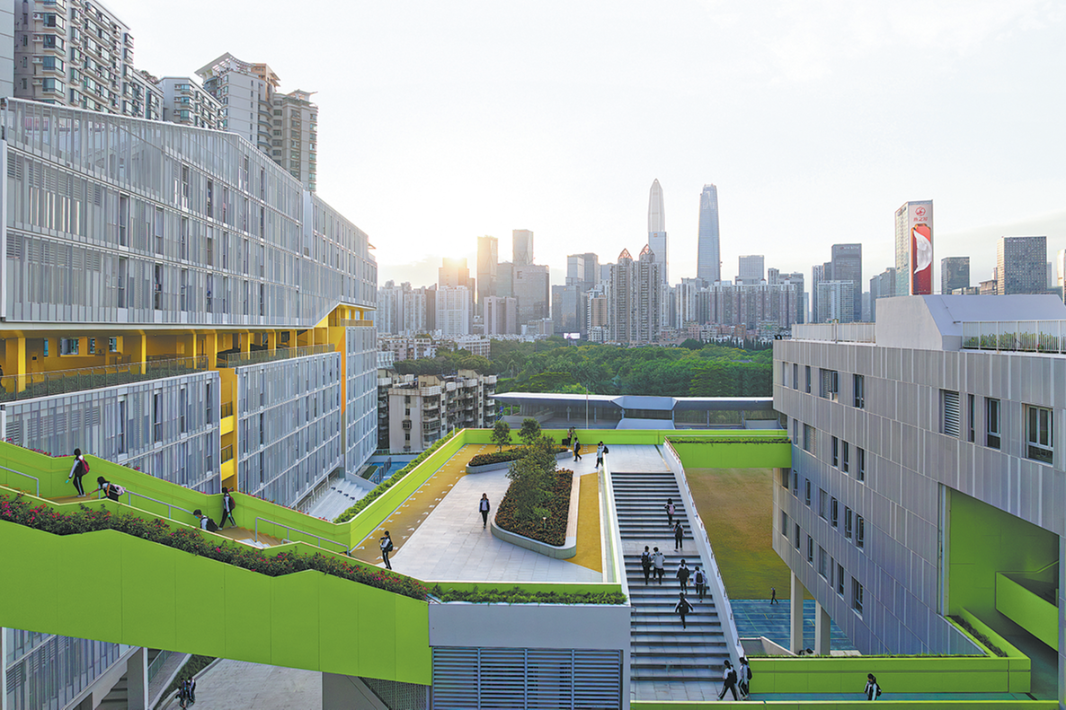Envoy sees perfect timing as countries draw closer

China plays key role in south Africa's advance, foreign minister says
Joint investment projects with China, particularly in energy and infrastructure, are helping South Africa achieve its economic, industrial and social targets, says Maite Nkoana-Mashabane, South Africa's Minister of International Relations and Cooperation.
The growing relationship between the two countries comes at a "perfect time" for both, she says.
| Maite Nkoana-Mashabane was a key figure at the BRICS summit in Brazil in July. Provided to China Daily |
Nkoana-Mashabane, a key figure at the BRICS summit held in Fortaleza, Brazil, in July, hailed the event, which brought together the leaders of her country and the other four big emerging economies of Brazil, Russia, Indian and China, as a resounding success. Not only did it create the BRICS Development Bank, but it also provided the opportunity to gain new perspectives from other developing countries, she says.
Countries in Africa are more than able to choose their business partners without the help of the United States, she says, referring to the recent US-Africa Leaders Summit in which President Barack Obama suggested his country would be a better partner for Africa than China.
Nkoana-Mashabane is in effect South Africa's foreign minister, leading more than 120 diplomatic missions, one of the world's largest diplomatic corps.
South Africa, and Africa as a whole, is happy to work with Chinese business, and Beijing has shifted its focus from just "extracting resources in the continent to supporting its industrialization", she says.
However, she would like Chinese companies to listen more "to what we think and what we want to achieve with our industrialization", for example through value-added manufacturing.

"South Africa is a mining country. If Chinese companies work with us to guarantee that 60 percent of raw materials are sourced locally and the products sourced in Africa, while training our young workers, then this is truly a win-win partnership."
Trade between the two countries was worth $25 billion in 2012, and China is now South Africa's largest trade partner. The trade deficit between the two is about $4.5 billion, in favor of Beijing.
The number of Chinese traveling to South Africa as tourists surpassed 130,000 in 2012, a 56 percent increase on the year before. Tourism is particularly important in strengthening the relationship between the two countries, Nkoana-Mashabane says.
There is great potential for the two to work together in the fields of energy and infrastructure, she says, and China may be in line to play a big role in South Africa's planned $30-billion high-speed railway line linking Durban and Johannesburg.
"Despite its late entry into the global market, Chinese high-speed rail has advanced technology and dependable quality."
Nkoana-Mashabane is head of the Joint Working Group on South Africa-China Cooperation, and she co-chaired its first meeting in Beijing this month, alongside Chinese Minister of Commerce Gao Hucheng.
The working group, focused on tapping potential economic collaboration, was set up a year ago when President Xi Jinping visited Pretoria.
"As our partnership grows, there is a need for us to establish a joint working group, including ministers of commerce, trade and foreign affairs, to coordinate and remove any possible blockages that may stand in our way of strengthening economic ties," Nkoana-Mashabane says.
At the BRICS summit in July, the leaders of both countries said they would reinforce collaboration in areas including agriculture, energy, infrastructure and mining.
Nkoana-Mashabane says the BRICS countries, which she says now speak with one voice, have more political and economic influence as a result of the tightening relationship.
"What I like about BRICS is that it is not against anyone, rather, it's a group formed out of the realization that there was a vacuum for the leading developing countries to speak on behalf of other developing and voiceless countries around the world.
"But we do not impose ourselves on other countries. When the summit was held in Brazil, Latin American countries became very interested. We ended up with 18 countries sitting around the table alongside the BRICS states, celebrating some fresh perspectives. It was a great feeling."
During the Fortaleza event, leaders of the five countries announced details of the new Development Bank, with its headquarters in Shanghai and with an initial subscribed capital of $50 billion and a $100 billion currency reserve arrangement. Africa's regional center will be in South Africa.
Nkoana-Mashabane says that as the most modern and advanced economy in Africa her country plays an indispensable role in BRICS, as the bloc members eye business opportunities there.
"When we applied for membership of the bloc, we found that the countries already in BRICS were our old friends, who knew that politically there is a lot to bring us together, but they also needed a country that comes from the region of Africa."
When Obama suggested during last month's US-Africa Leaders' Summit that his country would be a better partner for Africa than China, he said this was because it is not seeking to "extract minerals from the ground for growth".
However, Nkoana-Mashabane insists that China remains "an old friend of Africa" and that the continent is perfectly able to pick its own friends to address its problems, through mechanisms such as the Forum on China-Africa Cooperation.
The forum, established in 2000, has evolved into a mature framework in which the two regions map out and coordinate cooperation strategies, she says.
South Africa will co-chair the sixth Forum on China-Africa Cooperation ministerial meeting next year.
"There isn't any mechanism called 'US-Africa'," Nkoana-Mashabane says.
"The summit was the one moment in history when US President Obama remembered to invite African leaders, and it was his own initiative."
South Africa's President Jacob Zuma is expected to visit China this year.
puzhendong@chinadaily.com.cn
(China Daily Africa Weekly 09/19/2014 page32)
Today's Top News
- China to formulate plan on expanding domestic demand for 2026-2030
- Xi congratulates Central African Republic president on reelection
- Civil aviation readies for record rush
- Food can be re-engagement recipe for Beijing, Ottawa
- Early gains follow new customs operations in Hainan
- Facts on the ground: reading China's economy































